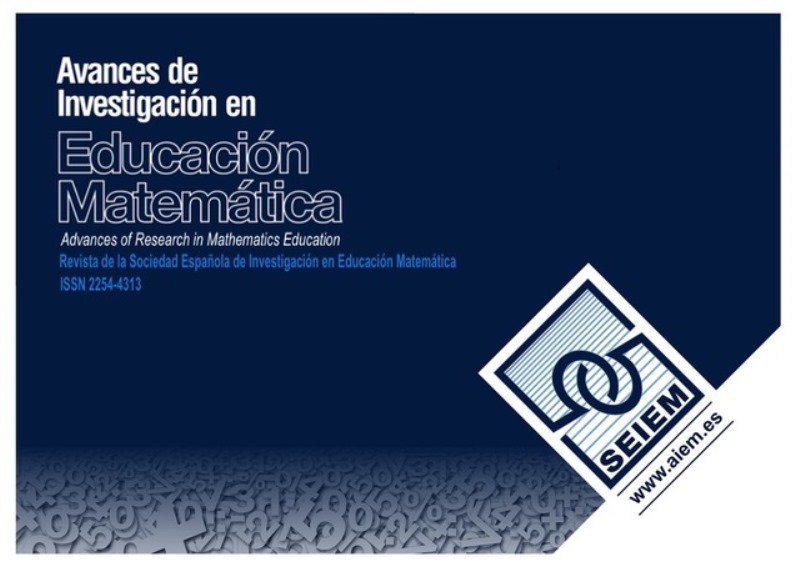Elements for a Genetic Decomposition of the tangent line concept
DOI:
https://doi.org/10.35763/aiem.v0i10.164Keywords:
Progresión en el aprendizaje, comprensión matemática, recta tangente, Descomposición Genética, trayectoria de aprendizajeAbstract
The goal of this research is characterize high school student’s construction of the meanings to tangent line concept. We report the generation of a Genetic Decomposition for the tangent line concept as a high school students’ learning progression. We integrate information from three perspectives: epistemological, curricular, and cognitive. Learning progression is articulated through two
characteristics: (i) the integration of local analytical and geometrical perspectives, and (ii) the coordination of Leibnizian conception and the Cartesian conception as a mean to overcome the obstacles derived from the Euclidean conception. Finally, we situated our findings into the debate about the different ways to understand the “learning trajectories” and “learning progressions” constructs in mathematics education.
Downloads
Downloads
Published
How to Cite
Issue
Section
License
The articles published in this journal are under a license Creative Commons: By 4.0 España from number 21 (2022).
Authors who publish with this journal agree to the following terms:
- Authors retain copyright and keep the acknowledgement of authorship.
- The texts published in this journal are – unless indicated otherwise – covered by the Creative Commons Attribution 4.0 international licence. You may copy, distribute, transmit and adapt the work, provided you attribute it (authorship, journal name, publisher) in the manner specified by the author(s) or licensor(s). The full text of the licence can be consulted here: http://creativecommons.org/licenses/by-nc/4.0.
- Authors are able to enter into separate, additional contractual arrangements for the non-exclusive distribution of the journal's published version of the work (e.g., post it to an institutional repository or publish it in a book), with an acknowledgement of its initial publication in this journal.
- Authors are permitted and encouraged to post their work online (e.g., in institutional repositories or on their website) prior to and during the submission process, as it can lead to productive exchanges, as well as earlier and greater citation of published work (See The Effect of Open Access).









